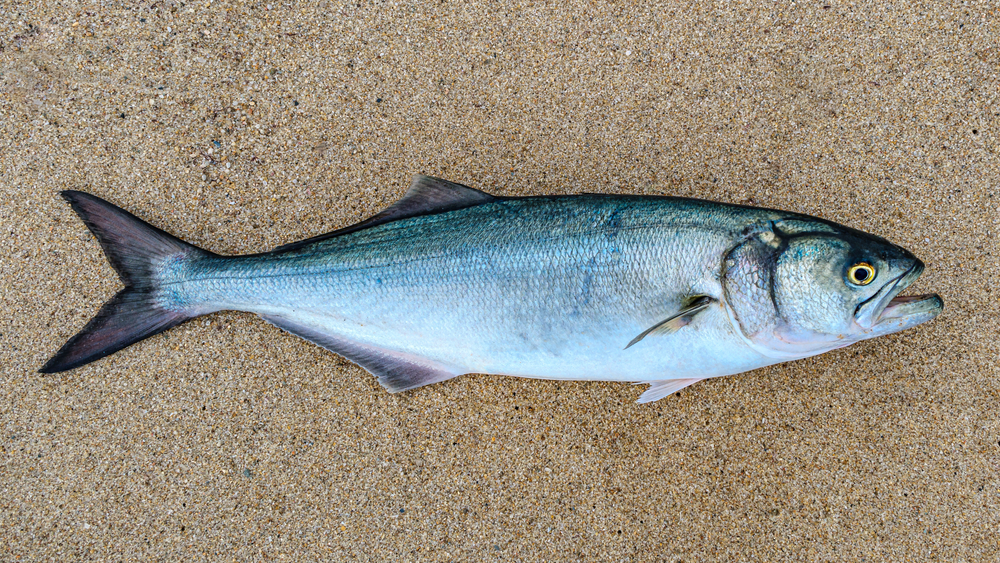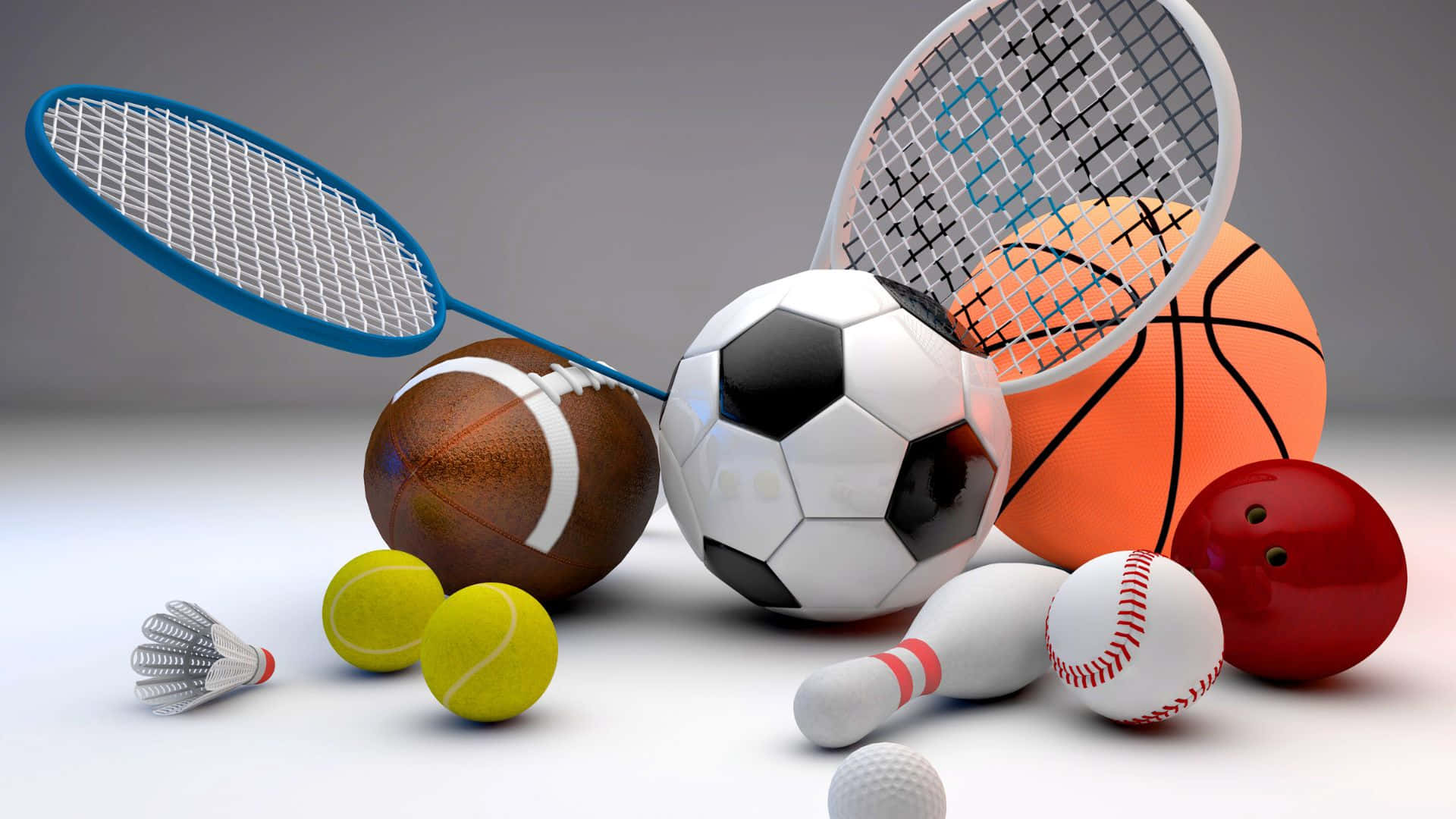Sports Hydration Myths: The Truth About Sugary Sports Drinks
Sports hydration myths: the truth about sugary sports drinks
When you’re push through that last mile or final set, the colorful bottles of sports drinks beckon with promises of superior hydration and enhanced performance. But do these sugary beverages really deliver on their claims? The marketing surely suggests they’re essential for athletes, but the science tells a more nuanced story.
Understand hydration basics
Before diving into sports drinks specifically, it’s important to understand what happen to your body during exercise. When you work out, your body loses water through sweat. Along with water, you besides lose electrolytes – mainly sodium, potassium, calcium, and magnesium – which are essential minerals that help maintain fluid balance, muscle function, and nerve signal.
Proper hydration isn’t merely about replace water; it’s about maintain the right balance of fluids and electrolytes to support bodily functions during physical activity.
The composition of sports drinks
Typical sports drinks contain three main components:
- Water – for basic hydration
- Electrolytes – principally sodium and potassium
- Carbohydrates (sugars )– typically 6 8 % concentration
The near popular brands contain anyplace from 14 to 34 grams of sugar per 20 ounce bottle. That’s approximately 3 8 teaspoons of sugar in a single serving.
The case for sports drinks
Proponents of sports drinks point to several potential benefits:
Rapid fluid absorption
Some research suggest that beverages contain small amounts of carbohydrates and sodium may be absorbed more rapidly than plain water under certain conditions. The sodium in sports drinks can help stimulate thirst and retain fluids, while carbohydrates provide a quick energy source.
Electrolyte replacement
During extended or intense exercise, specially in hot conditions, you lose significant amounts of electrolytes through sweat. Sports drinks can help replenish these essential minerals, potentially prevent issues like muscle cramps and maintain proper nerve function.
Performance enhancement for endurance activities
For endurance activities last farseeing than 60 90 minutes, carbohydrate consumption during exercise has been show to improve performance. The sugar in sports drinks provide promptly available energy that can help delay fatigue.
A study publish in the journal of applied physiology find that cyclists who consume carbohydrate electrolyte beverages during prolonged exercise were able to maintain higher power outputs compare to those drink upright water.
The case against sports drinks
Despite the potential benefits, there be several reasons to question whether sugary sports drinks are really the best hydration option:
Unnecessary for most workouts
For exercise sessions last less than 60 90 minutes, water is typically sufficient for hydration needs. The American college of sports medicine note that the additional benefits of sports drinks are mostly solely meaningful during prolong, high intensity exercise.
Most recreational athletes and gym goers but don’t exercise at an intensity or duration that necessitate the extra calories and electrolytes find in sports drinks.
Excess sugar consumption
The high sugar content in typical sports drinks can have several downsides:
- Unnecessary calories that may counteract weight management goals
- Potential dental health issues from frequent consumption
- Blood sugar spikes and crashes that might affect energy levels
Consider that a 20 ounce bottle of a popular sports drink contain approximately 34 grams of sugar – more than the American heart associations recommend daily limit for add sugars ((6 grams for men, 25 grams for women ))
Marketing vs. Science
The sports drink industry has masterfully marketed their products as essential for anyone who exercise, despite scientific evidence suggest they’re solely beneficial in specific scenarios. This marketing has been hence effective that many casual exercisers believe they need these drinks for optimal performance, disregarding of their activity level.
What science really says about hydration
Hydration need vary wide
Research systematically show that hydration needs are extremely individualized. Factors affect optimal hydration include:
- Exercise intensity and duration
- Environmental conditions (temperature, humidity )
- Individual sweat rate and composition
- Body size and fitness level
This variability mean there be no one size fit all hydration solution, despite what sports drink marketing might suggest.
Electrolyte replacement: when’s it necessary?
Research from the international society of sports nutrition indicate that significant electrolyte replacement become important mainly in these scenarios:
- Exercise last longsighted than 90 minutes
- Activities involve profuse sweating (either due to high intensity or hot environments )
- Multiple training sessions in a single day
For most recreational exercise, the electrolytes lose through sweat can be adequately replaced through normal dietary intake.
Carbohydrates and performance
The research on carbohydrate consumption during exercise is more clear-cut cut. Multiple studies confirm that carbohydrate intake during prolonged exercise (typically over 60 90 minutes )can improve performance by provide fuel for work muscles and helping maintain blood glucose levels.
Notwithstanding, these benefits are mainly relevant for high intensity endurance activities, not casual workouts or shorter training sessions.
Better alternatives for most people
For the majority of exercisers, there be more appropriate hydration options than sugary sports drinks:
Water: the original hydration solution
For most workouts last under 60 90 minutes, plain water remain the virtually appropriate choice. It hydrates efficaciously without unnecessary calories or additives. The simplicity of water make it thego-too recommendation from most sports nutritionists for routine exercise.
DIY electrolyte solutions
For longer sessions where electrolyte replacement become important, homemade solutions can be both effective and healthier than commercial sports drinks. A simple recipe might include:
- 1 liter of water
- ¼ teaspoon of salt (sodium )
- ¼ teaspoon of salt substitute (potassium )
- 2 tablespoons of honey or maple syrup (for carbohydrates )
- A squeeze of lemon or lime (for flavor and small amounts of additional electrolytes )
This provides similar electrolyte content to commercial sports drinks with less sugar and no artificial ingredients.
Natural alternatives
Several natural options can provide hydration along with beneficial nutrients:
-
Coconut water:
Contain natural electrolytes with less sugar than sports drinks -
Watermelon juice:
Provide hydration, natural sugars, and the amino acid l coralline, which may help reduce muscle soreness -
Tart cherry juice dilute with water:
Offer hydration plus anti-inflammatory compounds that may aid recovery
When sports drinks make sense
Despite the criticisms, there be legitimate scenarios where sports drinks may be beneficial:
Endurance events
For marathons, triathlons, long distance cycling, or similar events last advantageously beyond 90 minutes, the carbohydrates and electrolytes in sports drinks can help maintain performance and prevent depletion.
Team sports with prolonged high intensity efforts
Sports like soccer, basketball, and tennis that involve sustain high intensity effort with limited recovery time may benefit from the rapid energy provide by sports drinks.
Exercise in extreme conditions
Work out in selfsame hot or humid environments increase sweat loss and electrolyte depletion, potentially make sports drinks more valuable for maintain hydration status.
Recovery from illness
Follow illness involve fluid loss (such as from vomiting or diarrhea ) the electrolytes in sports drinks can help restore proper fluid balance more efficaciously than water solitary.
Make smart hydration choices
Instead, than mechanically reach for a sports drink, consider these factors when plan your hydration strategy:

Source: staminade.com.au
Match your beverage to your activity
Use this general framework:
-
Under 60 minutes of moderate exercise:
Water is typically sufficient -
60 90 minutes of intense exercise:
Water is commonly adequate, but electrolyte replacement may become beneficial, specially in hot conditions -
Over 90 minutes of sustained activity:
Consider beverages with electrolytes and carbohydrates
Pay attention to your body
Individual needs vary importantly. Signs that your current hydration strategy might be inadequate include:
- Significant performance drop during longer sessions
- Frequent muscle cramping during exercise
- Excessive fatigue that doesn’t match your exertion level
- Remarkably dark urine after workouts
Read labels cautiously
If you do opt for commercial sports drinks, compare labels. Look for:
- Lower sugar options (some newer formulations contain less sugar while maintain electrolyte content )
- Drinks without artificial colors and flavors
- Products with simpler ingredient lists
Some newer sports drinks are formulated with more natural ingredients and less sugar while relieve provide electrolyte benefits.
The bottom line on sports drinks and hydration
The claim that” sugary sports drinks are the best for hydration ” lainly doesn’t hold up to scientific scrutiny for most exercise situations. While these beverages do serve a purpose in specific scenarios involve prolong, intense activity, they’re unnecessary and potentially counterproductive for routine workouts.

Source: mashed.com
The ideal hydration strategy isn’t about choose the virtually marketed or colorful option – it’s about match your fluid and electrolyte intake to your specific activity level, duration, and environmental conditions.
For most recreational athletes and fitness enthusiasts, water remain the superior hydration choice, potentially supplement with natural electrolyte sources for longer sessions. By make informed hydration choices base on science instead than market, you can support your performance goals without unnecessary sugar, calories, or expense.
Remember that proper hydration is exactly one component of athletic performance – nutrition, training, recovery, and genetics all play significant roles adenine advantageously. No beverage, nobelium issue how intemperately market, can compensate for deficiencies in these other areas.
The next time you reach for a drink during exercise, consider what your body genuinely need instead than what colorful advertising suggest it want. Your performance – and your health – will potential will benefit from this more thoughtful approach.



